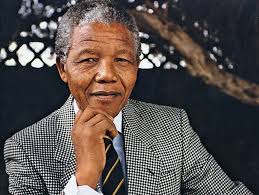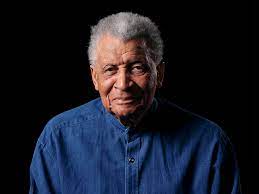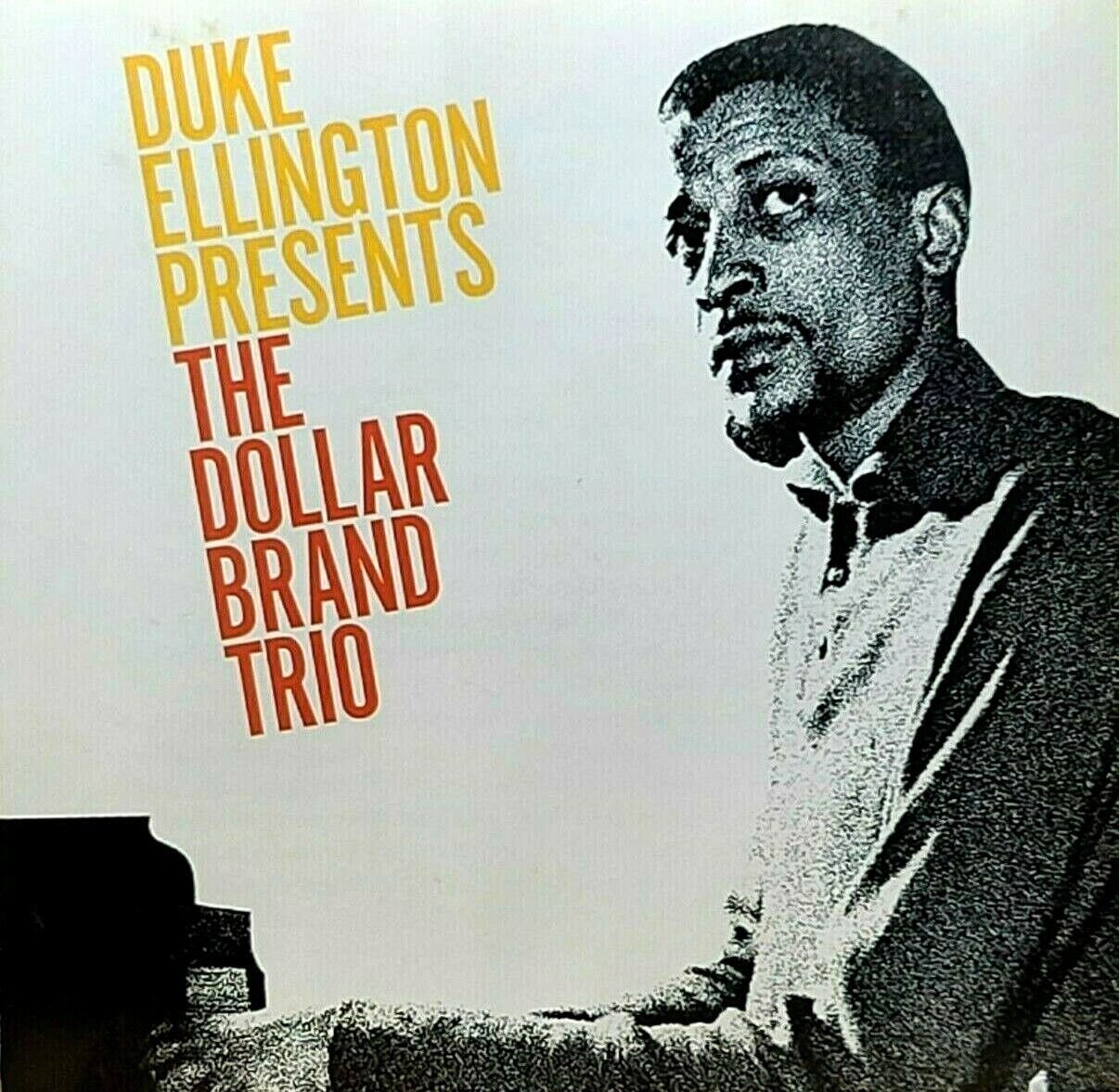“It is music and dancing that make me at peace with the world.”
“I had no epiphany, no singular revelation, no moment of truth, but a steady accumulation of a thousand slights, a thousand indignities and a thousand unremembered moments that produced in me an anger, a rebelliousness, a desire to fight the system that imprisoned my people. There was no particular day on which I said, ‘Henceforth, I will devote myself to the liberation of my people;’ instead, I simply found myself doing so, and could not do otherwise.”
― Nelson Mandela, Long Walk to Freedom

The world came to know and revere Nelson Mandela, who died on December 5, 2013, as a man of uncommon grace, forbearance, and humility. I’ve felt the same way about Abdullah Ibrahim since I first heard his music in the mid-70’s, and Downbeat reported as early as 1963 that the pianist evinced “little bitterness or rancor” about his native South Africa. Ibrahim’s tall, stoical mien and his music, which ranges from elegiac and somber to roiling and celebratory, bespeak a man who, like Mandela, knew that beneath the brutality of apartheid was a place, a home (“Ekaya”) of beauty and splendor.

Ibrahim was born in Capetown in 1934 and came to prominence on the black township’s jazz scene in the late 50’s. Together with Hugh Masakela he formed the Jazz Epistles, and in 1960 they became the first black jazz players to record an album in South Africa. Two years later, Dollar Brand, as he was known before his conversion to Islam, toured Europe with a production of King Kong, and in 1963 he began living in Switzerland. When Duke Ellington played a concert that year in Zurich, he was persuaded to come by the club where Brand was appearing. After one listen, Ellington made arrangements to produce Brand’s debut for Reprise Records. (In a similar manner 24 years earlier, Duke was prevailed upon by Johnny Hodges to check out the teen-aged bassist Jimmy Blanton at an after-hours club in St. Louis. Duke hired Blanton on the spot. I’ve often thought of the two events in parallel, marveling at how different music would be without Ellington’s open-mindedness. I was intrigued to see that Ibrahim composed an orchestral piece entitled “Blanton” for his 1998 recording, African Suite.)
While Ibrahim’s aversion to apartheid kept him in exile for over a decade, he gave his homeland another try in the mid-70’s. In no time, however, he found himself being arrested on trumped-up motor vehicle charges, and this gave him a new level of understanding of the repressive means the state used to maintain conditions of “duress” in “everyday” life. He left South Africa again in 1976 in the wake of the Soweto Uprising, but not before he sat down at a tack piano and recorded “Mannenberg,” a work that soon became an anthem of the anti-apartheid movement.
In this lively interview with Voice of Africa, Ibrahim recalls how his recordings of “Peace: Salam” and “Mannenberg” were smuggled into the Robin Island prison where Mandela was incarcerated. When Mandela heard “Peace: Salam,” he said it could serve as a “cohesive force to create stability” among prisoners. Upon hearing “Mannenberg,” he said, “Liberation is near.”
This is probably the first filmed footage of Ibrahim. From 1968, the ensemble includes fellow legends John Tchicia and Gato Barbieri, bassist Barre Phillips, and drummer Makaya Ntoshoko.
Ibrahim made music with his compatriot Johnny Dyani on the duo recordings Good News From Africa and Echoes of Africa. From the former, here’s the traditional “Ntsikana’s Bell,” featuring the voices, bass, and piano of two South Africans in exile. To turn an old axiom on its head, they might have been out of the country, but the country was never out of them.
Ibrahim greeted Mandela’s visit to New York City on June 19, 1990, with a performance of “Jacaranda Blues.” He uses the jacaranda tree, which can be a home to both blossoms and locusts, as a metaphor for the pivotal choices facing South Africans at the time. Read Soundcheck producer John Schaefer’s memory of Mandela’s visit and hear Ibrahim’s recording on this page at WNYC.
